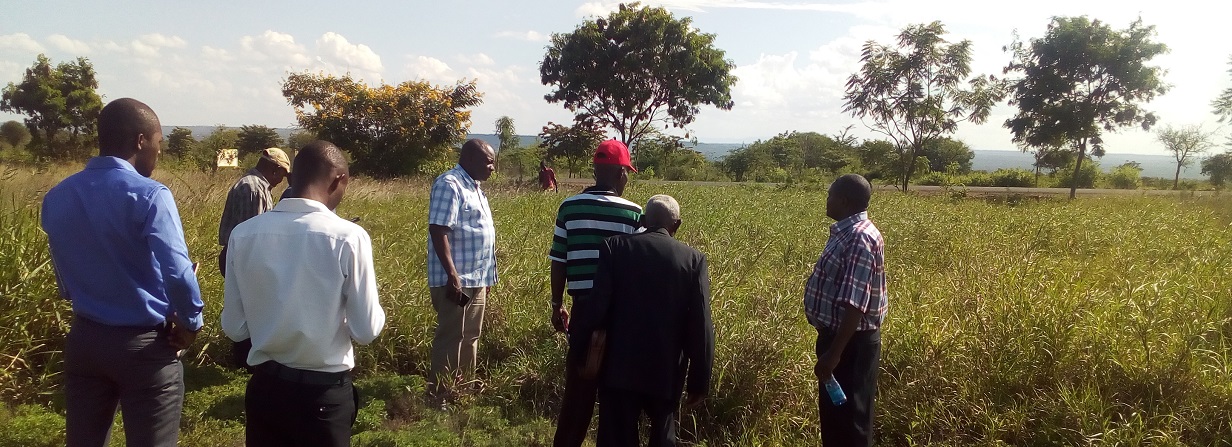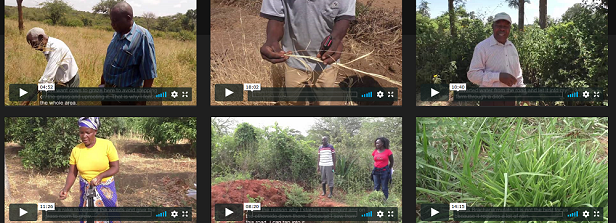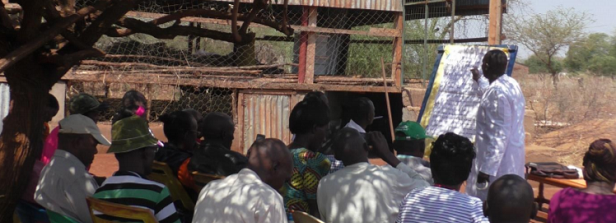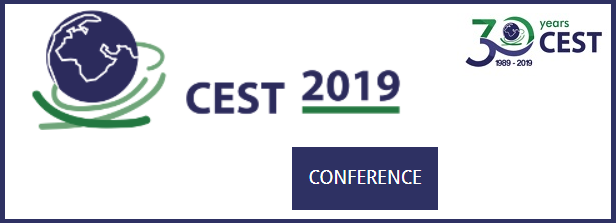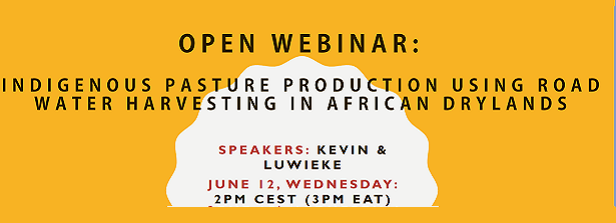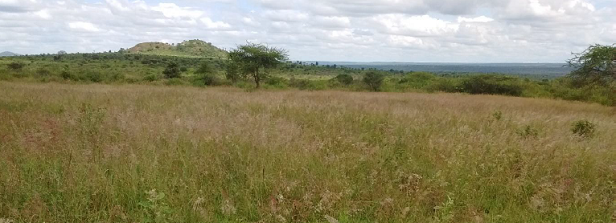Rainwater harvesting from roads for indigenous pasture production & improved rural livelihoods in Kenya (ROFIP)
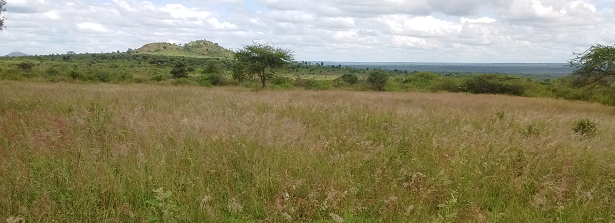
Duration: 01 July 2017 to 30 June 2020
Project information
Aim: This project “Rainwater harvesting from Roads For Indigenous Pasture production and improved rural livelihoods in semi-arid Kitui, Kenya” aims to integrate sustainable land management strategies notably rainwater harvesting, soil conservation and grass reseeding for increased pasture production and rehabilitation of degraded drylands. The project team envisages that increased pasture production will generate additional income (farming as a business) and improve livelihoods through sale of surplus milk, hay and grass seeds. Increased milk production as a result of increased and reliable source of feed will contribute to improved human nutrition status.
Objectives: The objectives of this research are to determine:
- The potential of rainwater harvesting using roads for improved pasture establishment and rehabilitation of degraded ecosystems in semi-arid Kenya.
- The contribution of established pastures on increased livestock production (e.g. milk yields,
weight gain). - The economic viability of combining the two sustainable land management practices i.e.
reseeding and rainwater harvesting for grassland productivity. - A viable business model to scale up production and a commercialisation line for fodder and
seeds.
Method: Methods of this project include: establishment of experimental plots; monitoring of livestock growth, health and productivity; cost-benefit analysis; and scoping scale up and business opportunity.
Country: Kenya.
Dutch policy goals: Kenya – Farming as a Business.
Progress reports
Year 1: Indigenous pasture production is an innovative gateway to supplying forage for livestock. This project aims at assessing the potential of road water harvesting for improved pasture production in dryland environments. Improved pasture yields will consequently buffer challenges of climate variability and change, rehabilitate degraded lands and increase milk, hay and seed production. Five (5) indigenous pasture project sites have been established. Currently, monitoring i.e. estimating plant morphometric characteristics, nutrient content, seed production, soil moisture and climatic variables, is on-going.
Throughout the project period, lessons learned and good practices have been documented and shared among stakeholders during farm visits, trainings and workshops. Furthermore, dorper sheep pens for animal feeding trials are complete. Interim results show varying outcomes (e.g. biomass and seed production) among the different grasses as influenced by site characteristics and climate. This ongoing ROFIP project has generated interest among local government, farmers and youth groups in Kitui County, Kenya.

